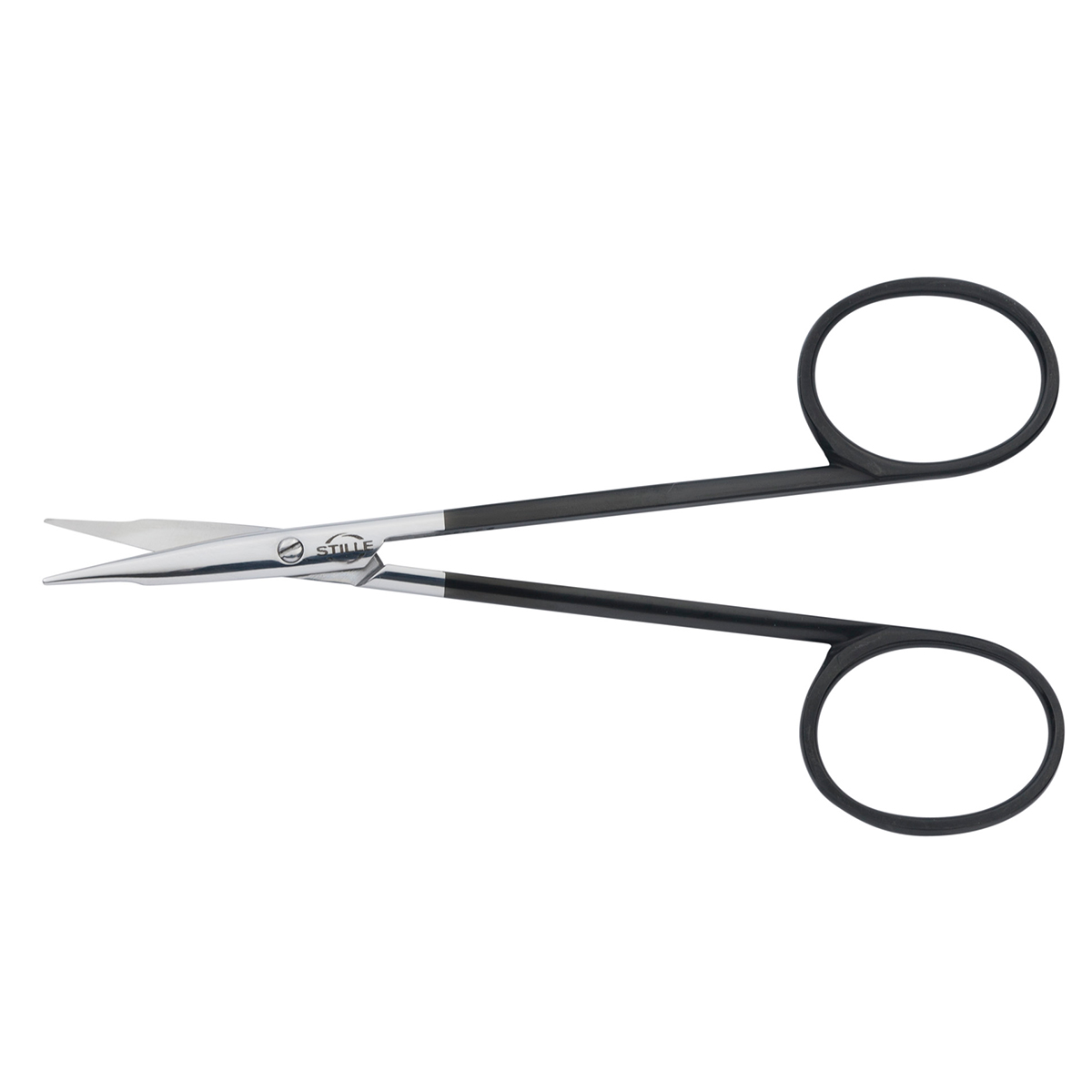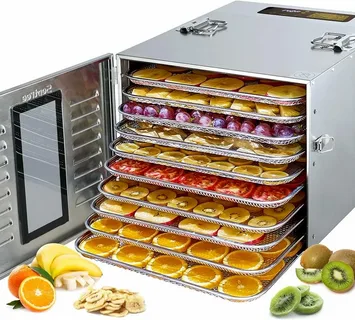Tenotomy scissors are essential surgical instruments used in various medical procedures requiring precision and control. Designed for cutting delicate tissues, they are vital in numerous fields, from ophthalmology to general surgery. This guide delves into their design, uses, and types to help you understand why they are indispensable in medical settings.
What Are Tenotomy Scissors?
Tenotomy scissors are specialized surgical tools crafted to perform fine dissection and cutting tasks. Their sharp, slender blades are designed to access tight and intricate areas. Often referred to as Stevens or delicate scissors, they are a staple in procedures requiring detailed and careful incisions.
Types of Tenotomy Scissors
- Straight-Bladed Scissors
Straight-bladed tenotomy scissors are commonly used for surface-level cutting. They provide excellent control and are preferred for procedures requiring precise, linear incisions. - Curved-Bladed Scissors
These are ideal for accessing hard-to-reach or curved tissue areas. The curved design aids in cutting around structures without damaging nearby tissues. - Micro Tenotomy Scissors
Microtenotomy instruments are designed for ultra-fine procedures, such as ophthalmic or microsurgery. Their smaller blades offer unparalleled precision.
Key Features of Tenotomy Instruments
- Slender and Sharp Blades
The blades of tenotomy scissors are thin and sharp, allowing precise dissection of delicate tissues. - Ergonomic Handles
The handles are designed for comfort and control, ensuring surgeons can work for extended periods without fatigue. - Durable Construction
Typically made from high-quality stainless steel, tenotomy scissors are resistant to corrosion and ensure longevity even with frequent sterilization.
Applications of Tenotomy Scissors
- Ophthalmic Surgeries
Delicate scissors are a go-to choice for intricate eye surgeries, ensuring minimal trauma to sensitive tissues. - Plastic and Reconstructive Surgeries
These instruments are indispensable in cosmetic surgeries, where precision is crucial for achieving desired outcomes. - Orthopedic Procedures
Tenotomy scissors play a role in procedures like tendon release, where accurate dissection is vital for successful results. - General Surgery
They are widely used in various general surgical procedures requiring delicate dissection and tissue cutting.
explore more details about cosmetic surgery instruments
Maintenance of Stevens Scissors
Proper care is essential for maintaining the efficiency of Stevens scissors. Here’s how to ensure their longevity:
- Regular Cleaning
Rinse the scissors with sterile water immediately after use to remove tissue and debris. - Sterilization
Use an autoclave for thorough sterilization. Always follow the manufacturer’s guidelines to prevent damage. - Inspection
Regularly inspect for signs of wear, such as dull blades or loose joints. Replace or repair as needed to maintain performance.
Why Choose Delicate Scissors for Surgery?
Delicate scissors are indispensable for their ability to offer unparalleled precision in intricate procedures. Their design minimizes tissue trauma, reducing recovery time for patients. Whether it’s curved or straight blades, the versatility of tenotomy scissors makes them a favorite among surgeons.
Conclusion
Tenotomy scissors, including Stevens scissors and other tenotomy instruments, are vital tools in the medical field. Their precise design, durability, and versatility make them essential for delicate surgical procedures. Proper maintenance ensures their reliability, allowing surgeons to achieve optimal results in their work. If you’re looking for the right instruments for precision tasks, tenotomy scissors are an excellent choice.




